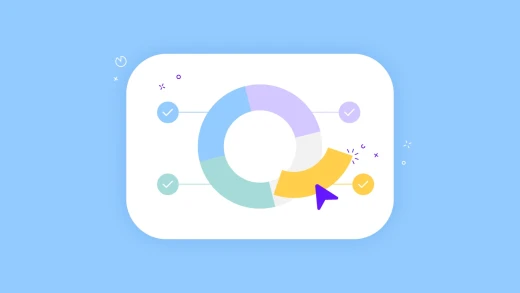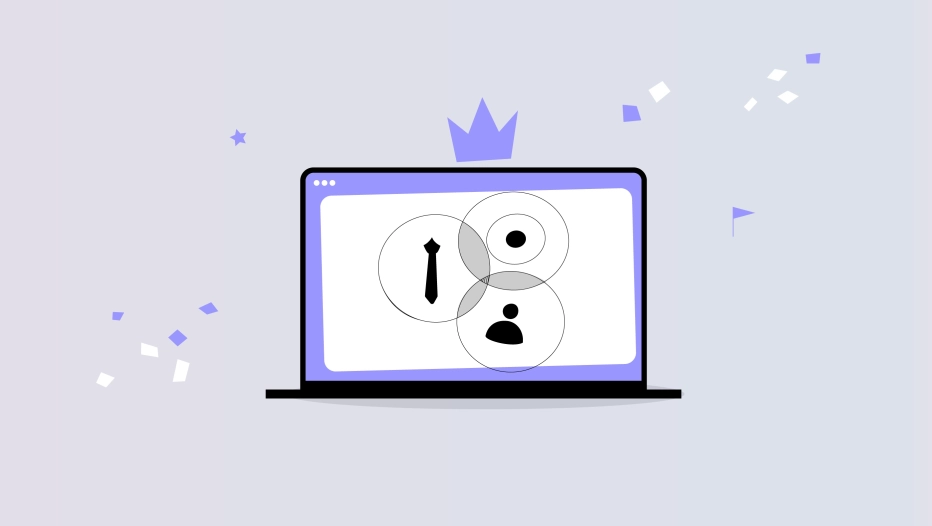What is Teamwork?
Teamwork is the process of working collaboratively with others to achieve a shared goal, combining individual skills, perspectives, and efforts in a cooperative environment. While definitions vary, the essence of teamwork lies in mutual support, open communication, and a shared commitment to success. Effective teamwork transforms individual contributions into collective achievements that exceed what any one person could accomplish alone.
Research highlights six attributes of successful teamwork – commitment to team success, interdependence, interpersonal skills, open communication, appropriate team composition, and accountability. These ensure that members align on goals, complement each other’s strengths, and address weaknesses as a unit.
The benefits of teamwork extend beyond productivity. It increases efficiency by leveraging diverse skill sets, fosters innovation through constructive conflict, reduces employee turnover by creating a positive work environment, and boosts flexibility by enabling cross-training. Ultimately, strong teamwork builds resilience, drives better outcomes, and creates a culture where individuals thrive together.




![Real Life Examples of Successful Teamwork [9 Cases]](https://activecollab.com/upload/blog/143/cover.webp)